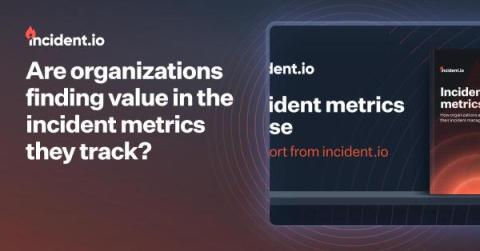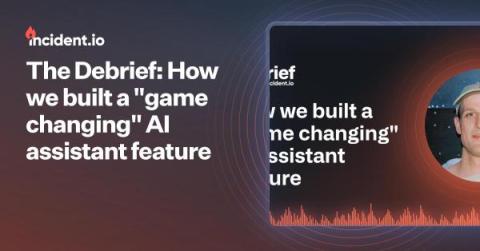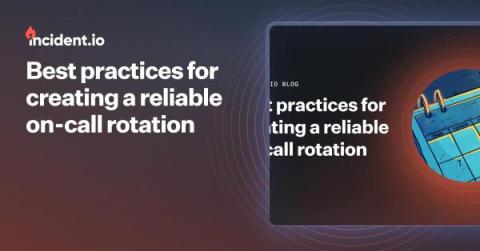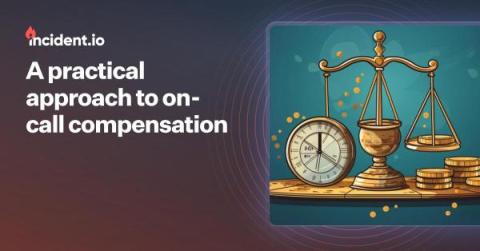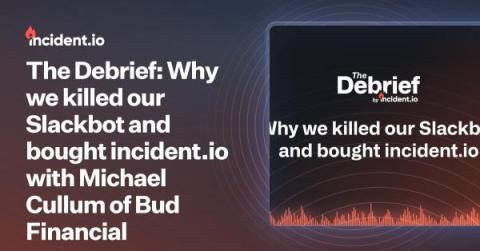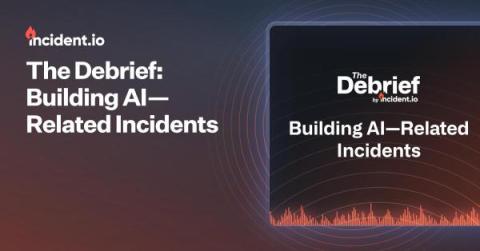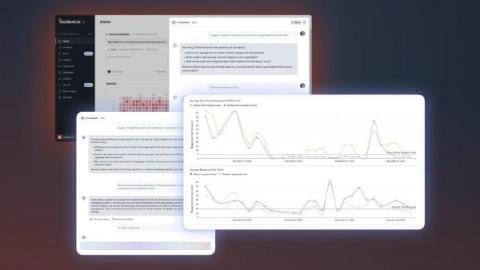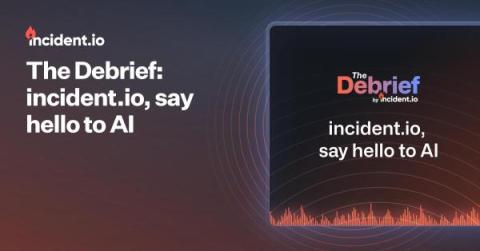Are organizations finding value in the incident metrics they track?
See the full report—Incident metrics pulse: How organizations are measuring their incident management What metrics do you look at to measure how efficient your incident response is? This is a question we get asked all the time and one we empathize with deeply. While there are several well-established incident metrics that organizations commonly use, like MTTR and raw counts of incidents, a vast number of them are ineffective, or worse still entirely misleading.


